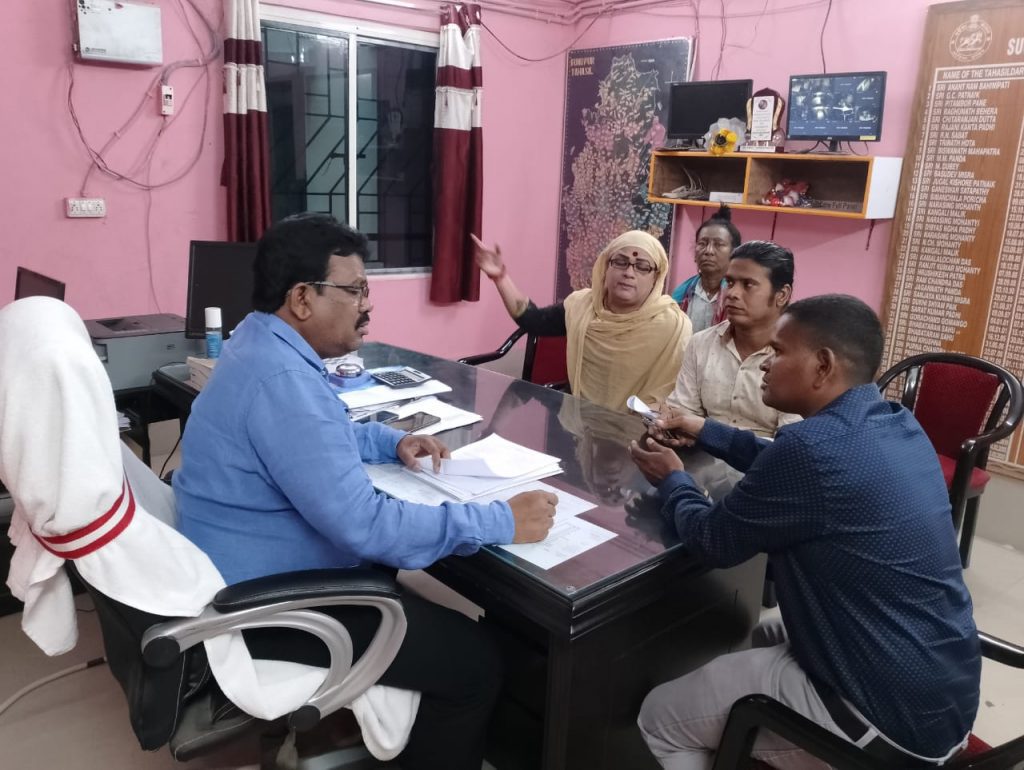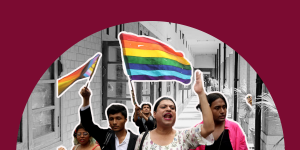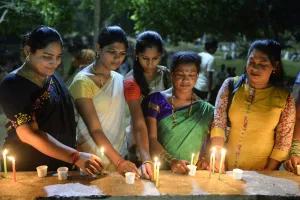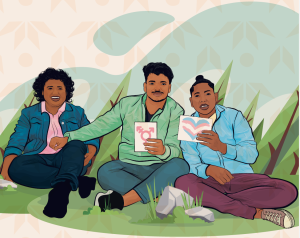[Readmelater]
Five Years On, Odisha’s Transgender Persons Yet To Get Land Under State Scheme
A range of issues – state apathy, knotty conditions, local hostility – hobble the programme
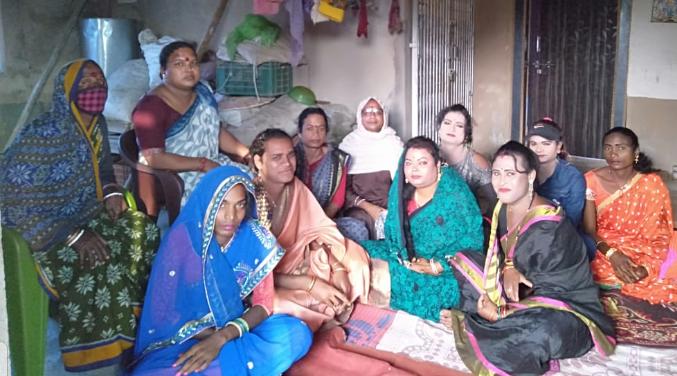
Transgender persons in Bhadrak district applied for Vasundhara scheme in 2018. Five years later their application is now being processed. Photo Credits: Aishwarya Mohanty
Support BehanBox
We believe everyone deserves equal access to accurate news. Support from our readers enables us to keep our journalism open and free for everyone, all over the world.
